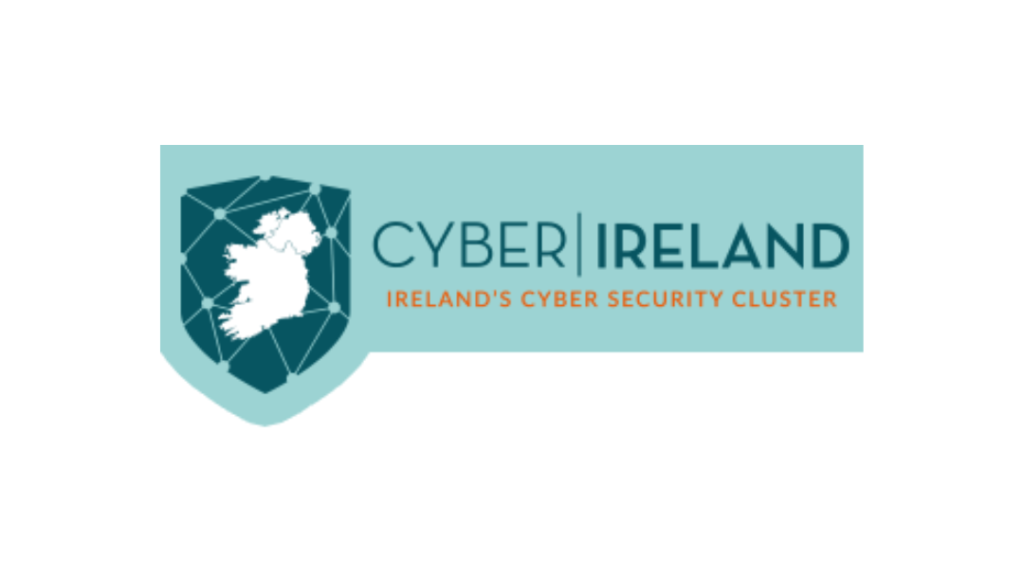Sample Units of Learning
These units of learning are designed to help you plan and develop the implementation of the Junior Cycle Short in Cyber Security in your classroom. While broken down into lessons they are not prescriptive. It is envisaged that the activities within each unit will act as a menu for you to select from, mixing and matching, adapting and refining, to suit the needs and interests of your own students.
Case studies of cyber events/cyber crimes
In this unit of learning students are introduced to cyber security through an exploration of their current understanding of cyber security and then building on this knowledge to research and present a case study of a cyber event of their choice.
Social engineering – modern day con artists
This unit of learning opens with a video of CNN tech reporter Donie O’Sullivan being hacked by social engineer and cyber security expert Rachel Tobac. Students will explore how hackers take advantage of our behaviour online and explore the psychology behind social engineering.
Data is the new oil – could your life online help design a new product?
What are cookies? Why am I asked for permission when I click on a website? Why are the advertisements on my Mum’s social media different to my own? Is my iPhone spying on me?
These are just some of the questions…
You are the product
Why is social media free? How do social media companies make money? Do you simply click “agree” to the terms and conditions on your social media apps or do you actually read them? What is surveillance capital? In this unit of learning students will work their way through a series of tasks that culminate in the students deciding what responsible usage is, the role of GDPR, and decide what data they wish to keep private and how to do so.
Black Hats and White Hats – careers in cyber security
In this unit of learning students discover the good, the bad, and the ugly in the world of cyber security. Students will examine the tenets of data security and ethical and moral dilemmas associated with hacking.
Cyber Incident Response/Crisis Management
What is the economic cost of cybercrime?
Cyber psychology
Each unit of learning has been designed with the following elements:
Teacher as facilitator
Student as sensemaker
Stimuli for discussion
Open questions
Project work
Cooperative learning
Creativity
Flexible assessment
Reflection on learning
Cross curricular links


















